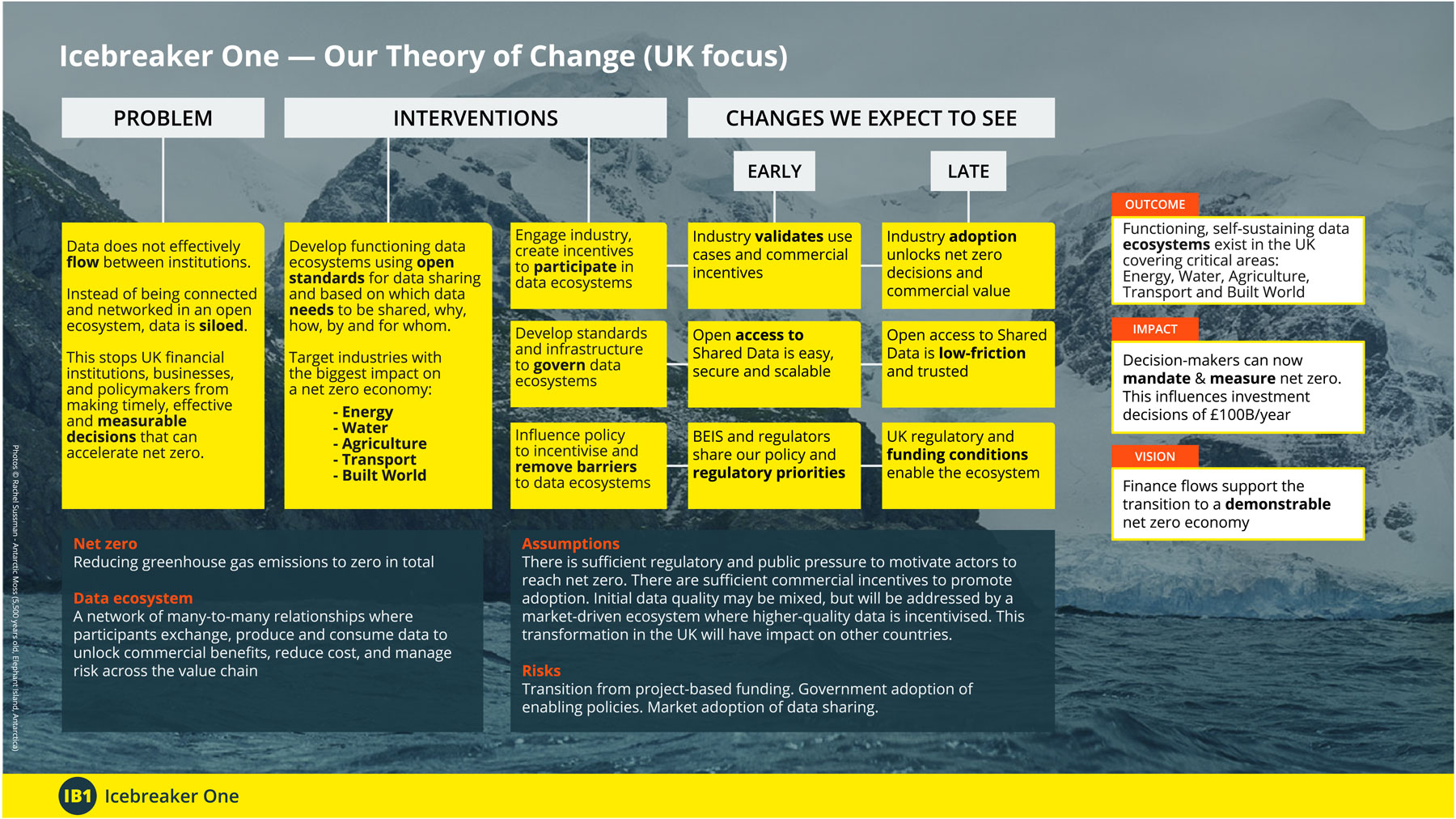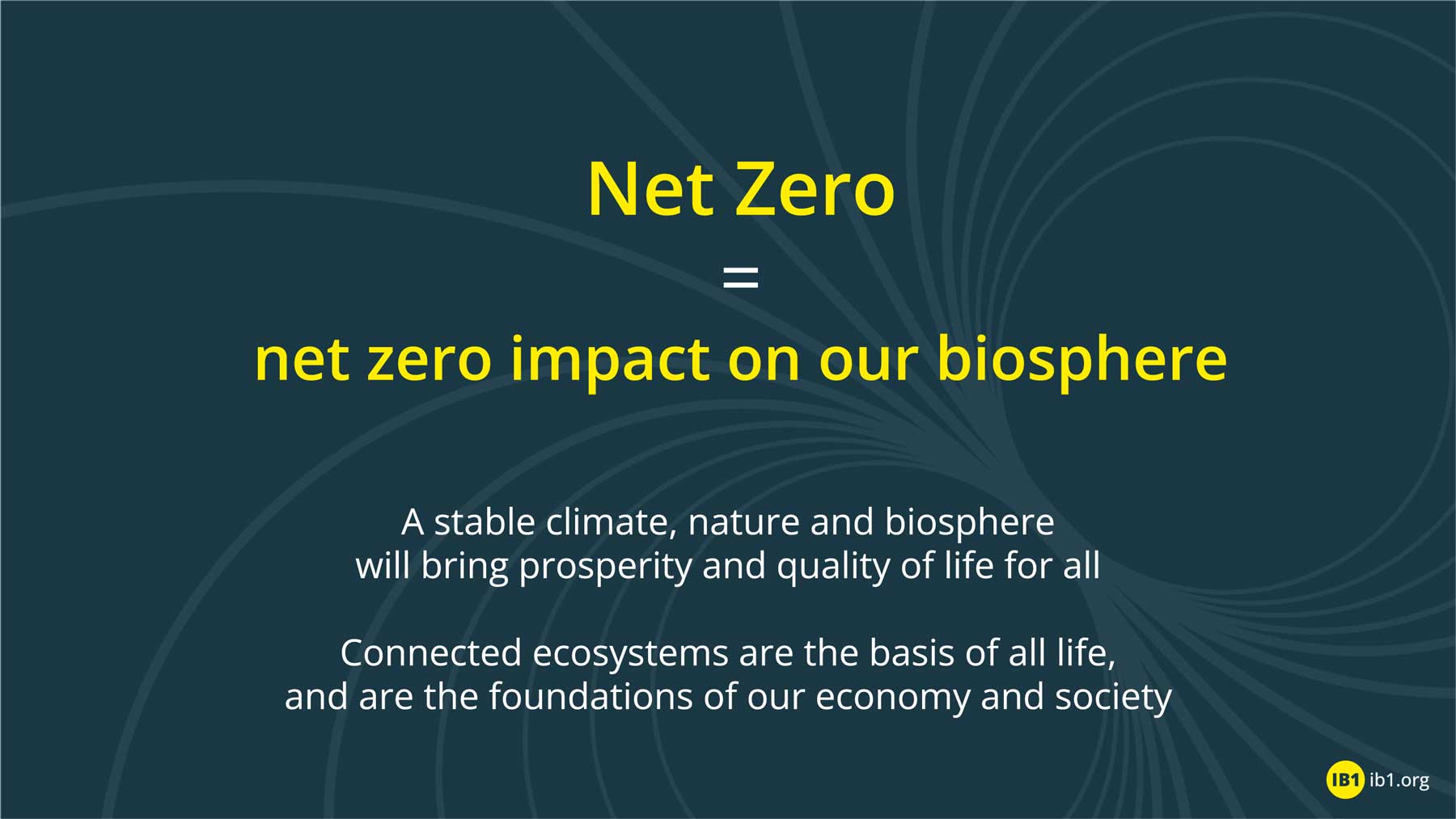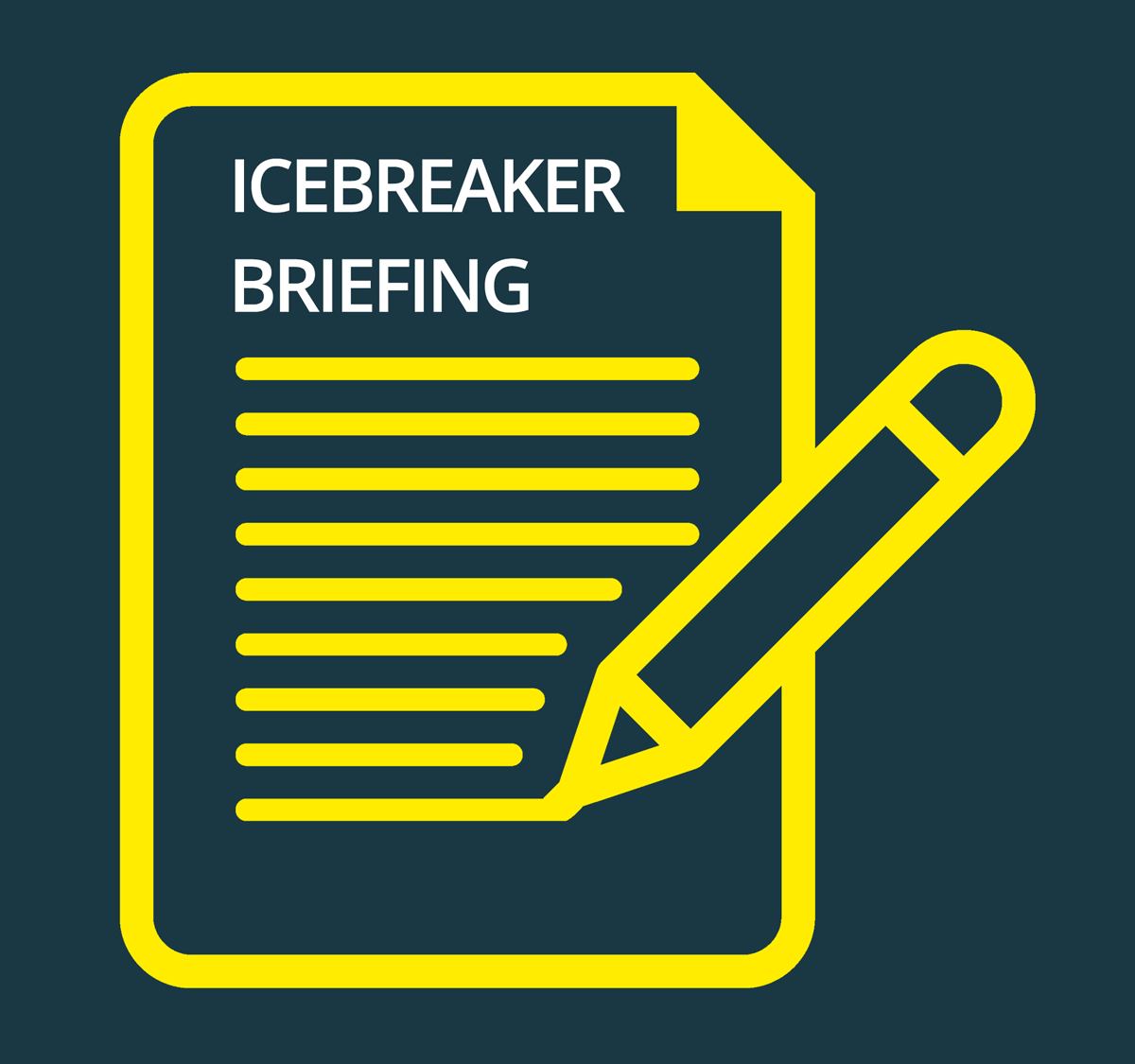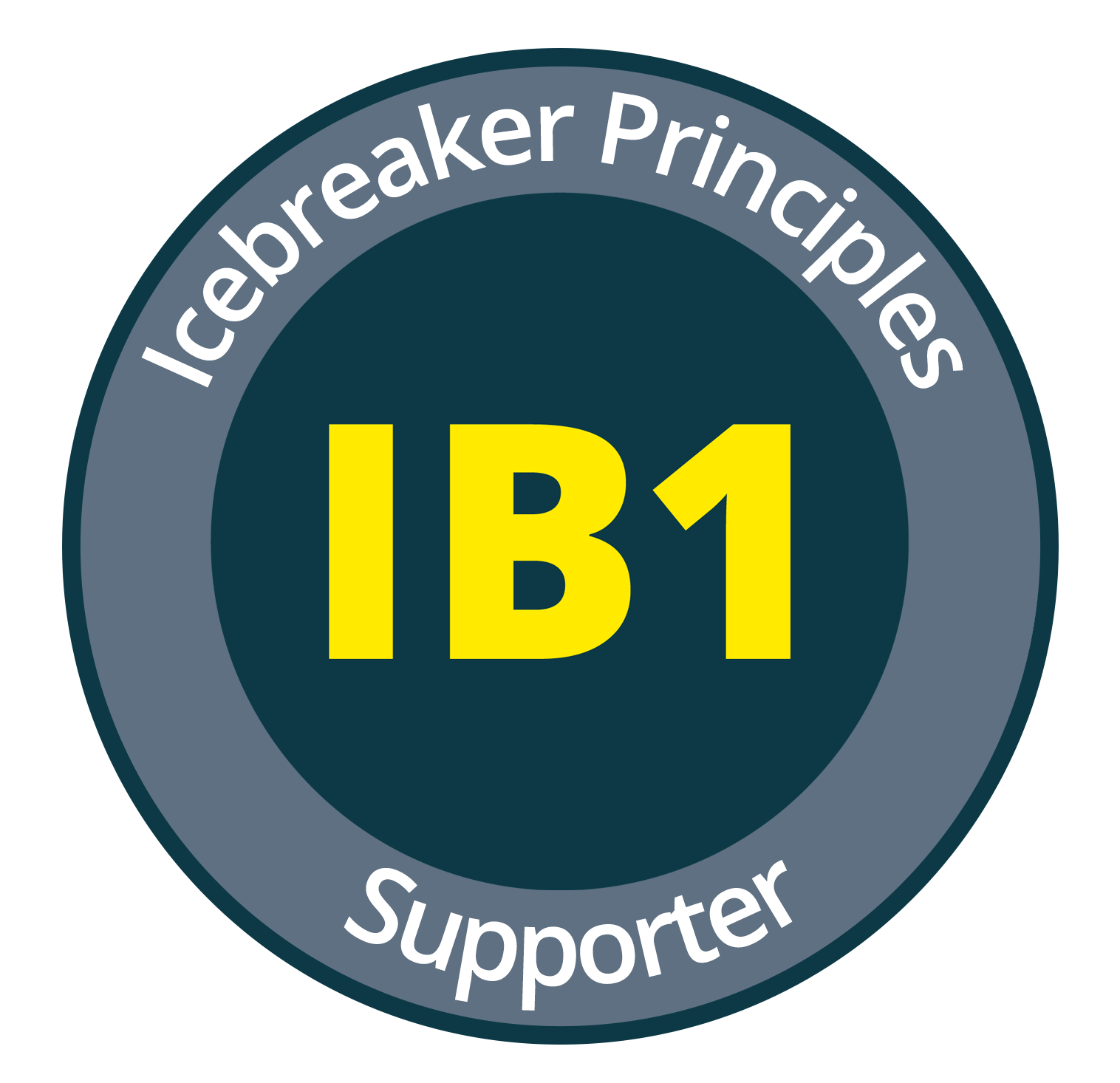Our mission is to make data work harder to deliver our Net Zero Future.
Our vision is to empower decision-makers to mandate, measure and act upon data flows that deliver net-zero.
Our target is to influence net zero investment decisions of $3.6T/year by 2030.
“Icebreaker One is one of the top 20 agents of change in the path towards a digital ecosystem for sustainability” – David Jensen, UN Digital Ecosystem for the Planet, United Nations Environment Programme
Imagine a decision-maker could mandate net zero, continuously measure progress and act to adapt incentives in a timely, credible manner.
We are creating a web of net-zero data – connecting assurable financial economy, real economy and environmental data to help inform net-zero decisions. As much of this data is restricted, we are enabling that web by creating policies and rails that ensure data is comparable, machine-readable and trusted. We connect rather than collect data. We focus on collaboration, culture and data governance implementation.
Unlock assurable data discovery, access and use through robust, collaborative governance:
1. Icebreaking: continuous design of the pre-competitive rules of the game
2. Trust Frameworks: continuous implementation of those rules to support markets
We work across the private and public sectors. To learn more see https://ib1.org/what-we-do
Who are we?
Icebreaker One is an independent, non-partisan non-profit with global reach. It aims to influence investment decisions of $3.6T/year to deliver demonstrable net-zero by 2030. It convenes organisations to understand how best to use data as a continuous flow of evidence that informs action. It helps instrument net-zero by connecting policy, strategy, risk management and investment in the financial economy to real economy data. This enables climate-ready financial instruments, climate-aware risk management and climate-credible deployment of robust, long-term solutions

According to the UN, “sector-specific data from companies in the real economy remains insufficient, unreliable, incomparable, or non-existent. As a result, investors are not able to fully steer investment portfolios in line with sector decarbonisation pathways or to set science-based targets at the sector level.”. This is the tip of the data iceberg.
Our Theory of Change (UK-focus in the image above) illustrates how we develop our work.
Our central hypotheses include:
- Improving access to data helps businesses and the public sector innovate.
- Working with industry and government to develop Open Standards will unlock open access to shared data.
- Improved access to data is essential to country-level transitions and to deliver a green industrial revolution.
- This is a proven blueprint: with Treasury backing, Open Banking opened up secure access to shared financial data. It has since transformed the fintech sector, creating tens of billions of pounds in value.
- The public sector and regulators can work together with industry to deliver the funding, regulatory change, and convening needed to improve access to data.
Benefits & Outcomes
- Address the business models, legal and policy of data sharing
(e.g. rights, licensing, security, liability, regulation) - Improve the provision, reliability and trust of data publishing and usage
- Develop & share the required expertise and change in knowledge, practice and culture
- Develop policy frameworks that address climate-specific interventions across the financial ecosystem
- Unlock the data ecosystem across global sensors, satellites, internet of things (IoT), geospatial, asset registries, risk reporting, trading schemes and financial instruments
- Enable data discovery (e.g. data search) at web-scale: lay the foundations for the web of net-zero data
Outputs & activities — how do we help instrument net-zero
We convene multi-disciplinary experts, teams and organisations across the public, private and scientific communities to develop:
- Open standards
Frameworks for robust and secure data sharing across environmental & financial data: principles and practice, Code(s) of Practice, voluntary standards, regulated Standards. - Solutions for trusted net-zero data sharing
Open services for net-zero data discovery, access and usage: OpenNetZero.org and Trust Frameworks. - Research and evidence
Use cases, reports, business models, economic modelling, policies and guidance. - Communication
Reporting on the evidence of innovation and the impact of activities. In public, trade and expert forums. - Events
Connecting expertise across siloes - Collaborative practices
Working groups (large and small; in-person and online)



